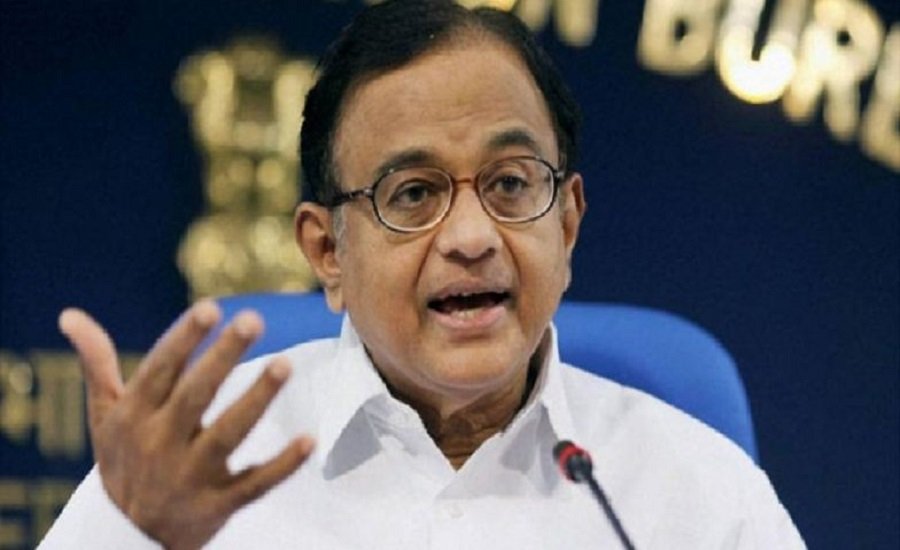Team Clarion
NEW DELHI – Senior Congress leader and former Union Minister P. Chidambaram, who has questioned the remission of sentence in the Bilkis Bano case, claimed that the remission panel contained two MLAs from the ruling Bharatiya Janata Party (BJP).
Taking to Twitter, Chidambaram criticised the members of the panel who granted remission to the 11 convicts in the Bilkis Bano gang rape and mass murder case.
According to tweet, C K Raolji and Suman Chauhan, the two MLAs in question; as well as Murli Mulchandani, who is one of the key witnesses for the prosecution in the Godhra train burning case were allegedly part of the panel.
The senior politician questioned if the decision to let the convicts go free came from a place of bias.
He said the obvious questions that arose were that “did the Government of Gujarat consult the Central government? and Next, what was the view of the central government?”
He had earlier condemned the Gujarat government’s decision to release the convicts.
Taking a dig at Prime Minister Modi’s independence day speech that spoke about respecting women, Chidambaram tweeted, “Nari Shakti vs Vinash Shakti has played out in Gujarat In granting remission to 11 persons convicted for gang rape, ‘vinash shakti’ has won in Gujarat.”
The remission of sentence to all the 11 life imprisonment convicts in the 2002 Bilkis Bano gang-rape and brutal murder of seven members of her family case needs to know as to what remission law says and to whom it should be granted.
Remission means a deduction or forgiveness of a sentence imposed on a criminal by the courts. The law on remission is at the President’s or Governor’s discretion.
Once the remission order is passed, the courts have nothing to do with it.
There can be special cases where the Supreme Court gives indulgence but ultimately the final decision rests on the Governor or the President.
Remission is provided considering the age, health, background, antecedents, behavior, etc. of the convicts. The remission policy is different for different states. Sections 432 and 433 of the Criminal Procedure Code provide the power to the state government to grant remission. The Union government’s role in this issue is limited.
According to the guidelines, those eligible for remission will include women convicts and transgender convicts of 50 years of age and above who have completed 50% of the total sentence period, male convicts of 60 years of age and above, physically challenged/disabled convicts with certified 70% disability who have completed 50% of their total sentence period, etc.
However, the guideline specifically mentioned that remission will not be granted to those serving life imprisonment or death sentence or persons convicted for an offence for which the punishment of death has been specified as one of the punishments.
Remission will also not be granted to those convicted for terrorist activities, dowry death, rape, human trafficking, POCSO, NDPS Act, the guideline from the Home Minister’s office stated.
( With inputs from Siasat Daily)

